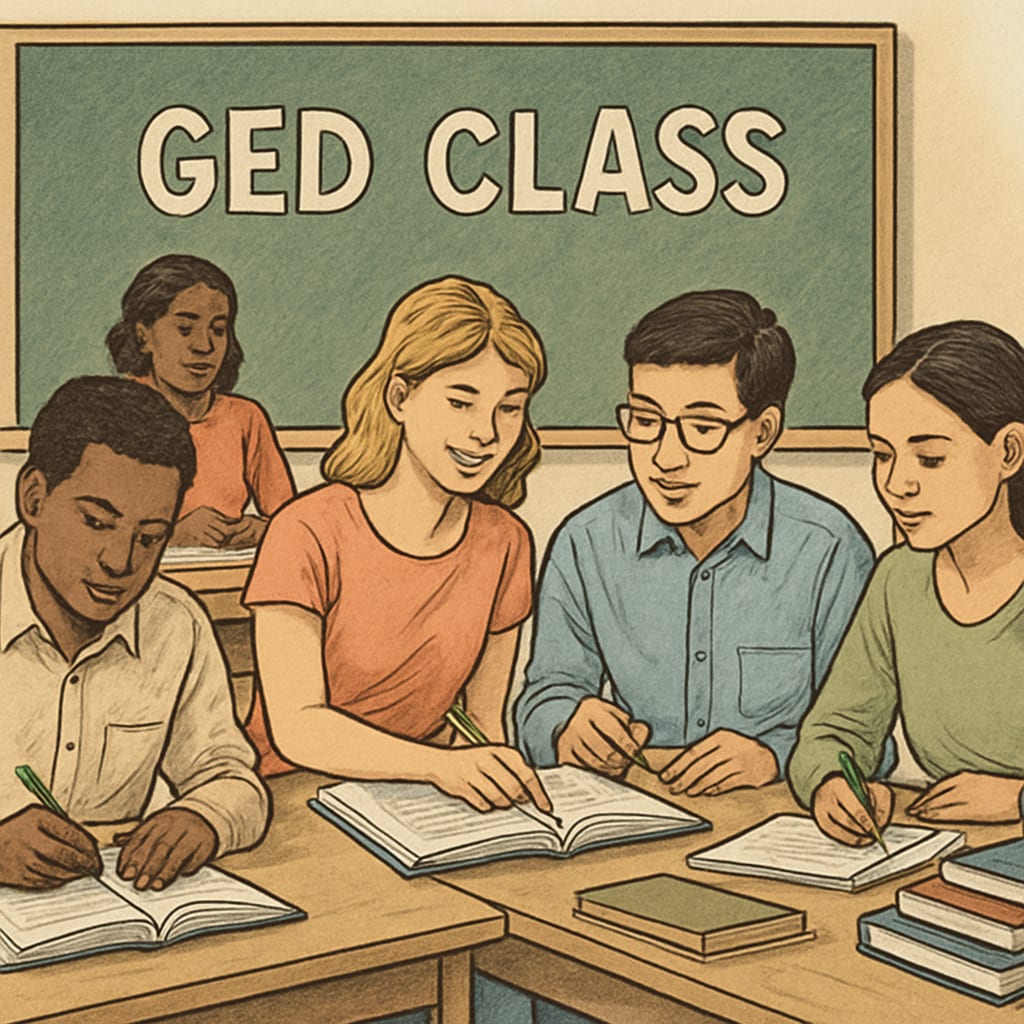Holding a modified high school diploma often brings mixed emotions. While it represents an academic achievement, many individuals experience regret, wondering whether such a diploma limits their opportunities. The question arises: can a modified diploma be converted into a traditional one? This article delves into the challenges of this dilemma, examines the educational system’s design, and provides practical solutions for those seeking to redefine their educational journey.
Understanding the Modified High School Diploma
A modified high school diploma is typically awarded to students who complete adjusted academic requirements due to specific needs, such as learning disabilities or other educational accommodations. While this type of diploma acknowledges effort and achievement, it may not always meet the criteria for college admissions or certain career paths. As a result, holders of such diplomas often struggle with feelings of inadequacy or regret.
However, it’s essential to recognize that the educational system introduced modified diplomas to ensure inclusivity and recognize diverse learning capacities. Instead of viewing it as a limitation, it can be seen as a stepping stone toward further education or personal growth.

Can a Modified Diploma Be Converted? Exploring the Possibilities
The short answer is: it depends. The feasibility of converting a modified diploma into a traditional one varies greatly depending on location, school district policies, and individual circumstances. Some educational systems may offer a pathway for students to earn a traditional diploma later by completing additional coursework, passing standardized tests, or meeting specific academic benchmarks.
For example, certain states in the U.S. allow individuals to pursue a General Educational Development (GED) certificate, which is widely recognized as equivalent to a high school diploma. Others may permit students to re-enroll in adult education programs to complete the necessary coursework for a traditional diploma.
However, this process is not always straightforward. Factors such as financial constraints, time commitments, and access to resources can create obstacles. Therefore, it’s crucial to research local options and seek guidance from educational advisors.
Practical Steps to Redefine Your Educational Path
For those holding a modified diploma and seeking to expand their opportunities, there are several actionable steps to consider:
- Explore GED Programs: A GED can serve as a bridge to higher education or better job prospects. Many community colleges and adult education centers offer preparation courses.
- Consider Vocational Training: Trade schools and vocational programs focus on skill-based education, often disregarding the type of high school diploma held.
- Pursue Higher Education Alternatives: Some colleges and universities have flexible admission policies, evaluating applicants holistically rather than focusing solely on their diploma type.
- Leverage Online Learning Platforms: Platforms like Coursera or Khan Academy can help build knowledge and skills that may compensate for perceived academic gaps.
- Seek Career Counseling: Professional guidance can clarify which paths align with your goals and the credentials required.

Shifting the Narrative: From Regret to Growth
It’s important to understand that a diploma—whether modified or traditional—is not the sole determinant of success. Many individuals have pursued fulfilling careers and personal achievements without a traditional high school diploma. By focusing on learning opportunities, developing transferable skills, and maintaining a growth mindset, you can overcome the limitations perceived to be associated with a modified diploma.
In addition, sharing your story and advocating for more inclusive education policies can contribute to broader societal change. Your experiences can inspire others to recognize the value of diverse educational paths and challenge outdated stigmas.
As a result, the journey from regret to redemption is not only possible but also transformative. By taking advantage of available resources and embracing a proactive approach, you can redefine your educational and professional trajectory.
Readability guidance: This article uses concise paragraphs and clear subheadings to ensure easy navigation. Lists are incorporated to summarize actionable steps, and transition words enhance the flow of ideas. The text maintains a professional yet accessible tone to engage a broad audience.


